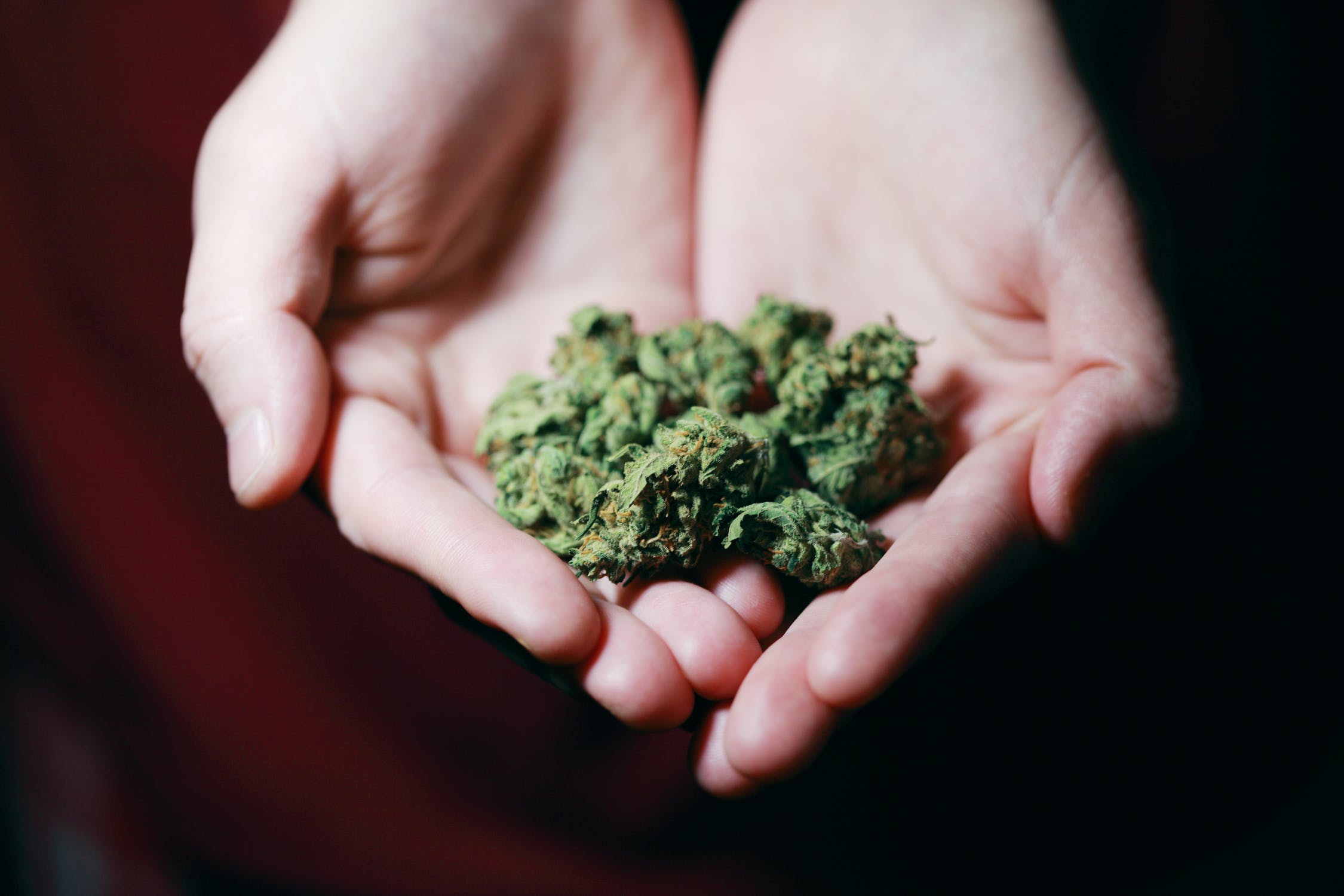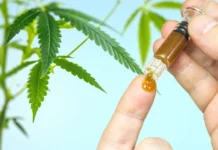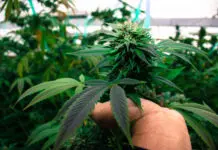Opioid-based painkillers, their benefit for patients dealing with chronic pain, and their overwhelming side effects, all have been on the center stage for a long time. Long enough for us to realize the need to find a substitute for these aggressively addictive medications.
While the benefits of these opioids are indisputable, the overall negative effects that have been caused over the years cannot be overlooked. And on this journey to finding the right relief alternative, we have finally come across a potential substitute for opioid-based painkillers- Cannabis.
For a schedule 1 substance that is federally illegal, the herb has proven through multiple researches and anecdotal evidence to be a potential contender for pain relief. It is, therefore, time to address the benefits of cannabis from a position of medical substitution rather than referring to it as just a controlled substance.
But before diving into the benefits of cannabis, its derivatives, and why it is a worthy substitute, let’s focus on why opioids need to be substituted.
Prescription Opioids and Associated Risks: Why a Substitute is Needed
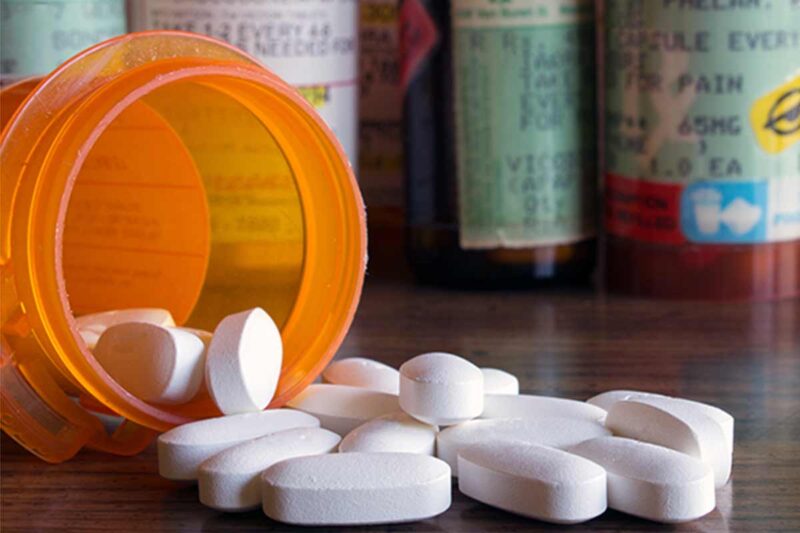
The National Institute of Drug Abuse states that there were 50,000 opioid overdose deaths in a year alone. While a monumental percentage of this falls in the nonprescriptive opioid use, the cases involving prescription drugs aren’t negligible.
But why is the overdose percentage so high? Because opioids are extremely addictive and habit forming.
The painkillers usually prescribed for moderate to high levels of pain contain some amount of poppy. The continued use of this can lead to a certain dependency on the drug.
While there are ways to manage this: you could regulate your consumption and only dose as frequently as your physician prescribes; the long-term use of these medications is sure to get you hooked.
Why are these still prescribed if they are so addictive? Because they get the work done. These opioids can help patients feel relief and decrease the overall discomfort that comes with the pain.
But at what cost? At the cost of continuous drug use and abuse even after the medication is no longer required. Even without deliberate misuse, the drug can lead to opioid drug disorder.
What happens when the prescription ends? Now that patients cannot depend on the prescribed drug to fulfill their dependency, they turn to heroin. The National Institute of Drug Abuse even goes as far as to say that 80 percent of heroin users start from prescription opioid misuse.
In the end, everything comes down to finding a substitute that gives us all the pain-relieving benefits of opioids without the added addiction.
Sounds unachievable. But is it really?
Cannabis as a Substitute for Opioids
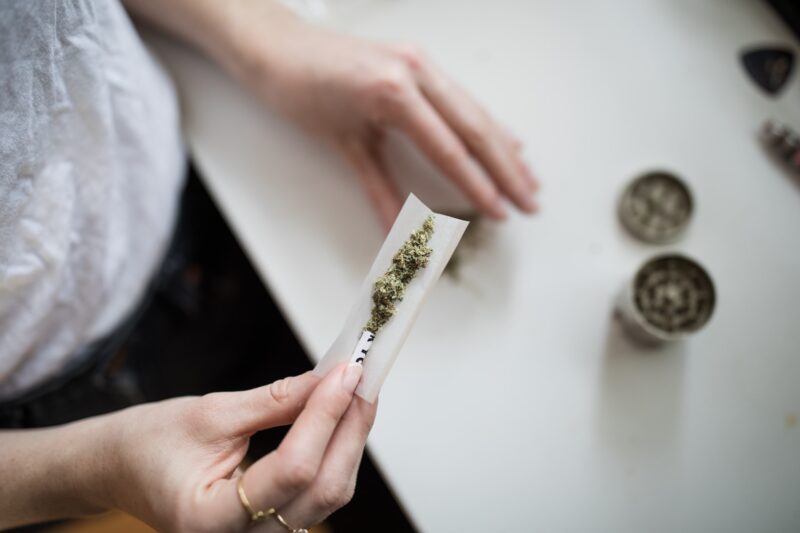
Cannabis or marijuana have been in this game for a long time, just not from a medical perspective. It’s only been a decade or so since researchers have been interested in the benefits of cannabis. No longer just an illegal drug(federally, it still is), cannabis and its derivatives are viewed in medical capacity today and for good reason.
Researches have shown positive effects of cannabis use on patients suffering from chronic pain, nausea, anxiety, depression, insomnia, reduced appetite, glaucoma as well as severe symptoms of Dementia, seizures, cancer, and similar ailments. But the real focus here is on chronic pain.
A wide variety of anecdotes can be found advocating the use of cannabis in conjunction as well as a replacement for opioid-based pain relievers. In both cases, patients have documented a decline in their use of opiates, some even going as far as to say that the isolated use of cannabis has helped dissipate their symptoms.
But how does it work? Cannabis, when ingested, reacts directly with your endocannabinoid system, which is responsible for regulating certain processes including your receptivity towards pain.
These endocannabinoids are similar to the components found in the cannabis plant, reacting and performing similar processes and thus proving to be potential pain relievers. Both the cannabinoids produced naturally in humans and those transferred from the herb react with the CB1 receptors present in the nervous system to relieve pain.
Is Cannabis the Safer Option?
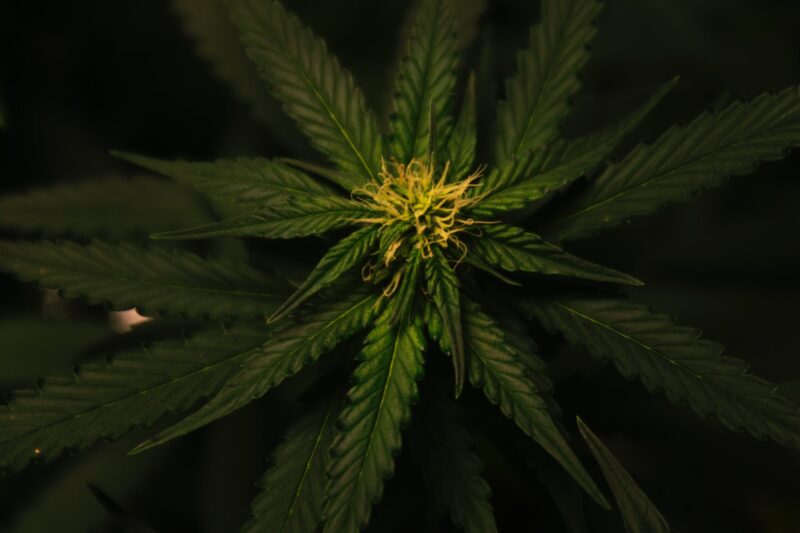
Unlike opiates that are extremely addictive and can lead to drug abuse, cannabis, especially products or strains recommended by physicians keeping the patient’s medical conditions in mind, are less prone to create similar dependencies.
Does that mean Cannabis leads to no dependency? No. Cannabis can also be habit-forming and addictive to a certain extent. However, different strains of cannabis and different sources have varying levels of potency. In other words, you can find pain-relieving alternatives that won’t lead to any addictive behavior.
Even as an intoxicating drug, discontinuing the use of cannabis strains is much easier than halting the use of opioids.
Disclaimer: Cannabis is still a new substance when it comes to the medical evidence to back up its claims. While we know that cannabis is a safer alternative in terms of drug abuse and addiction, or as a cause of death (which is extremely high in the case of opioids), we still lack research regarding the right dosage, preferable strain, or method of administration.
It is always recommended to:
- Consult a physician before using cannabis to decide the right doses and method of administration
- Buy recreational cannabis from a certified vendor that provides a certificate of analysis
- Check for potential irritants and allergens in the ingredient lists
Some Basics to Know Before You Buy Cannabis
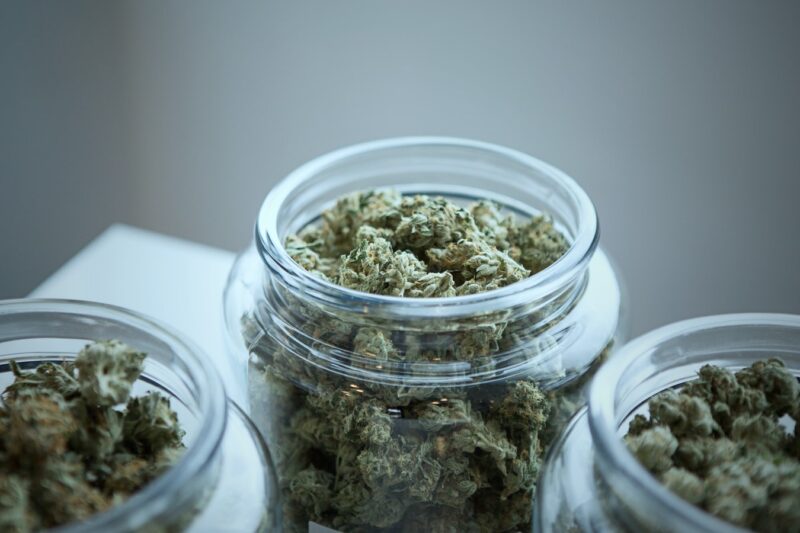
- THC and CBD are the two major cannabinoids that are responsible for pain relief and other calming benefits. THC, by itself, is the intoxicating and addictive component of cannabis.
- When using cannabis for the first time, invest in lower potency products and prefer higher CBD concentrates over THC concentrates. Then go on increasing the potency if required.
- When trying to drop your cannabis consumption, switch to lower potency products and reduce your THC concentrates until you no longer need any. This will help subside any dependency you might form on the product.
Prefer consulting a licensed cannabis doctor and getting a cannabis recommendation to access medical cannabis products. Visit onlinemedicalcard.com for more details. This way you can find more potent products, get a recommendation from your physician and purchase cannabis without any legal hurdles. (Just ensure your state allows the use of medical and recreational marijuana before using either)

